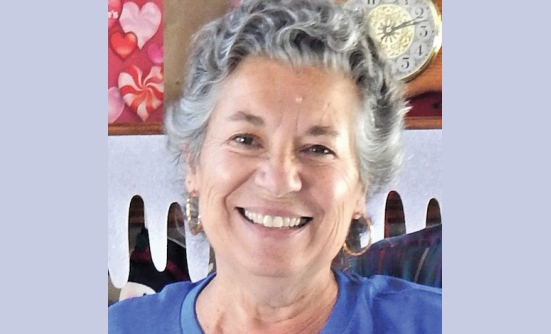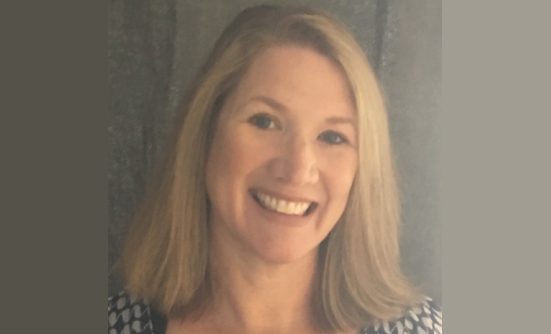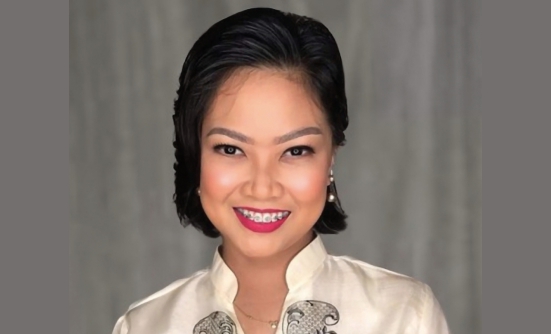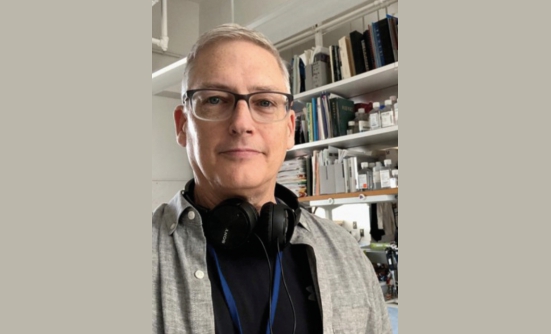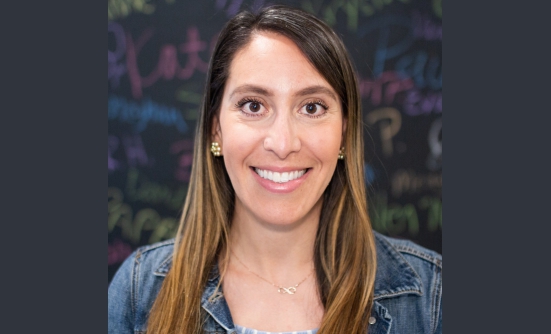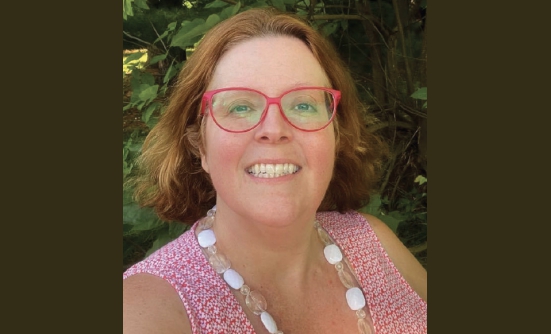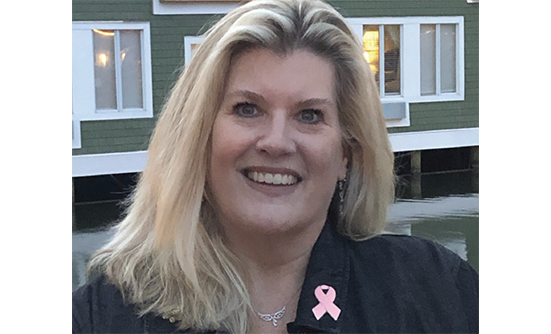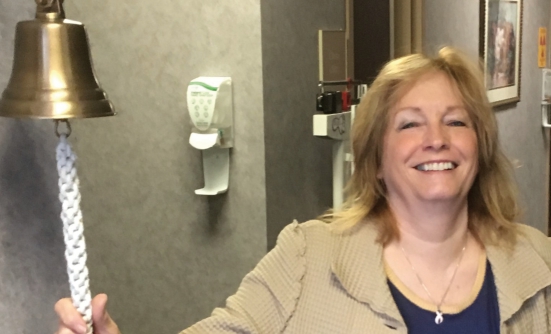In 2002, Diane Heditsian was 48 years old, raising 2 children, running a life science communications firm with her husband of 23 years, and planning a walking tour of Tuscany, when she was first diagnosed with breast cancer. Ms. Heditsian, now a researcher and a patient advocate at the University of California, San Francisco, shared her story at a recent Cancer Survivorship Symposium.
After undergoing a mastectomy (removal of a breast) and receiving 4 cycles of chemotherapy, she decided to travel to Italy anyway—a life-affirming trip during which she walked 20 miles daily and scoured the city for an English-speaking hairdresser willing to shave her head.
Eventually she returned to the United States to keep treating her cancer. After another 3 rounds of chemo, she was in early menopause and started hormone therapy.
Treatment Side Effects
“Because cancer is the gift that keeps on giving, I was not spared the after effects of treatment,” said Ms. Heditsian. One of the biggest side effects was weight gain, which started with chemotherapy and continued with 5 years of hormone therapy.
The hormone therapy also caused her premature menopause. “I had hot flashes, which my oncologist treated with a low-dose antidepressant, and I was found to have very low vitamin D levels, so I was put on high-dose replacement,” she said.
The therapy also led to osteoporosis, although this subsided after finishing hormone therapy.
Second Diagnosis
In 2012, still running a successful business and now a researcher and a patient advocate at the university, she was diagnosed with a second breast cancer. She had more surgery to remove lumps and joined the Targeted Intraoperative Radiotherapy (TARGIT) Registry clinical trial.
“The second diagnosis was a wake-up call for me. I found a great primary care physician who could keep me on track for all my screenings and surveillance,” Ms. Heditsian said.
Since her last breast surgery, she has been diagnosed with new medical conditions, including 2 autoimmune diseases, psoriasis, and loss of an eyebrow and some of her hair.
Although she has been to many doctors and specialists, no one has ever offered her survivorship services, such as a survivorship care plan, for either of her cancer diagnoses.
“Most of the things I’ve done, I’ve found on my own, offered through nonprofit organizations or other medical institutions,” she said.
Ms. Heditsian concluded her talk with a list of things she wished she’d been told before beginning her treatment.
I Wish Someone Had Told Me...
- Chemotherapy, hormone therapy, and chemical-induced menopause cause weight gain, and weight gain after breast cancer diagnosis is associated with an increased risk for cancer recurrence
“I never realized that there are steroids in chemotherapy that have this effect.” - Aromatase inhibitors (hormone therapies for breast cancer) can cause joint pain, mood issues, high blood pressure, and significant hair loss, which they did for me
“I’ve had morning muscular-skeletal issues, trouble walking down the stairs, and getting out of bed; that’s been resolved, although some tension issues have remained” - Up to 20% of patients with early-stage, node-negative breast cancer will have a recurrence, and this can happen even 20 years after diagnosis
- Exercise as if your life depended on it, because it just might
“I’m still working on the weight loss. I know it’s going to be a life-long struggle” - You’re not losing your mind: forgetfulness and inability to focus are normal during treatment and will likely diminish
“I had cognitive impairment, which made it challenging to run a business. I had trouble getting organized and forgot a few meetings. What we call ‘chemo brain’ is very normal, and it will probably subside” - You’re going to need some emotional/psychological/spiritual help to make sense of all this
“You’re going to have to deal with the cancer issue at some point, and you’re going to need help doing it” - You won’t be the same person after breast cancer, and maybe that’s a good thing
- How often to see my oncologist and get mammograms?
“This was never spelled out for me. Do I need a mammogram on the mastectomy side? Should I have diagnostic or screening mammograms?” - There’s “good” breast cancer and there’s “very bad” breast cancer
- Early detection does not trump biology
Since her second diagnosis and treatment, Ms. Heditsian has joined the YMCA for strength training, wears a Fitbit every day, and recently hired a lifestyle coach through an app called VitaCoach.







